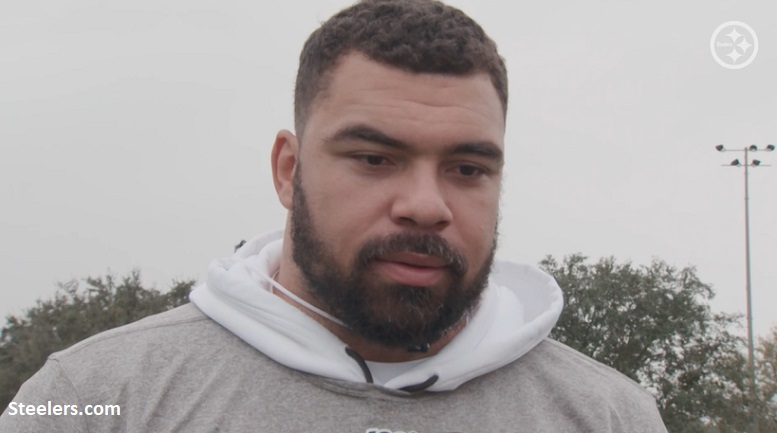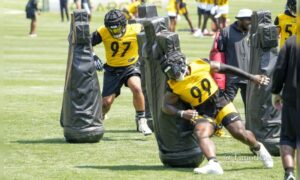We like to think of sports as a safe haven from the ugly realities of the world. Often enough, they are. Typically when watching a sporting event, we have the luxury of tuning out of the daily tragedies and heartbreaks, whether it’s in our personal or professional lives or more broadly, in our communities, our countries, even the global community.
Sports can serve as a fantastic unifying force, one that transcends differences in race, gender, social status, income level, religion, political status. More or less all of us can agree to hate the Ravens, or the Browns, or if worse comes to worst, the Patriots.
But while ‘sports’ is a nebulous concept, it’s played by very real flesh and blood people that share the tragedies and heartbreaks of our lives, our communities, and our world. And many of them right now are using their platforms to speak about their observations of racial justice.
Nationwide protests were sparked last week when a Minnesota police officer killed George Floyd, a black man, by dangerously kneeling on his neck for nearly nine minutes, including after he had already lost consciousness. An independent coroner’s report attributed his death to asphyxiation from the officer’s actions, but the protests didn’t wait for that. The video of the incident was more than enough.
Those protests landed in Pittsburgh and so many other cities around the country. They have affected nearly every community, and football players are as much a part of their communities as anybody else. Steelers defensive lineman Cameron Heyward recently talked to Randy Baumann on the DVE Morning Show about his own experiences.
“The wheel’s got to break”, he said. “History does repeat itself, and we’re seeing it again, and unless changes are made, my children are gonna, unfortunately, experience this. This week has just been hard, and I’ve been angry and upset, and I haven’t had the best words to say”.
“There’s gonna come a time when I have to explain to them that you’re gonna be dealing with things that you’re not accustomed to”, he said about explaining racial injustices to his mixed-race children as they get older. “You’re not gonna be given the same rights as everybody. You might be looked at differently. You almost have to go above and beyond to be accepted”.
He said that he has had conversations with his wife, who is white, in which he admitted, “I don’t always feel comfortable around police officers. I almost feel like I have to be by-the-book and be to-the-T. I have to make sure that they know I am not in any instance trying to make them feel threatened”.
This is a difficult conversation to have at any time. But right now, we are living through the most ideologically divided time that I have experienced in the three-plus decades I’ve been alive. It’s become too much to ask to have a civil discourse on this conversation and to listen to the experiences of others with open ears and an open mind.
Heyward, however, is a man of unimpeachable character, who has been a leader on the Steelers and in the community for the better part of a decade now. I’ve never heard anybody say a single negative thing to say about the type of person he is. To hear him admit that even he as a black man has this occasional uneasiness in the presence of police officers may be eye-opening to some.








